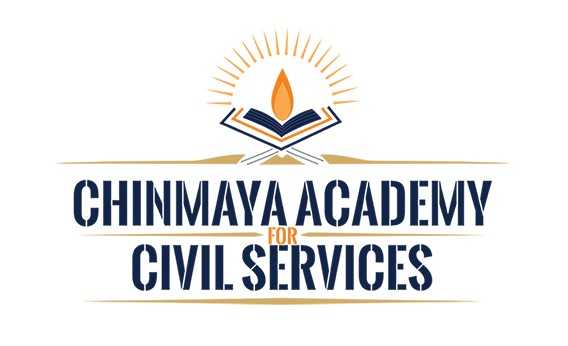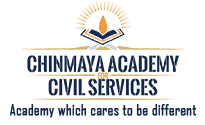The UPSC offers Tamil Literature as optional in the civil services mains exam. It has become a reasonably common optional subject among UPSC CSE candidates. It also has a relatively high percentage of successful candidates. Tamil Literature has a rich legacy and can be an attractive choice because of its relevance even in the Art & Culture portion of the General Studies Paper-I.
Opting for Tamil Literature as the optional subject for your UPSC CSE Mains can be the logical choice because of the balanced competition it offers. Unlike traditionally popular subjects such as Geography, History and Public Administration, Tamil Literature does not have a massive number of aspirants. However, the numbers are not even as low as those of medical science or mathematics.
Tamil Literature can be an excellent choice with a static and relatively small syllabus if you make the right strategy for your UPSC Mains. However, if you do not know the Tamil language already, it will not be the right choice.
Answers must be written in Tamil
The paper will require first hand reading of the Text prescribed and will be designed to test the critical ability of the candidate.
Section-A
- Part: 1 Ancient Literature
(1) Kuruntokai (1-25 poems)
(2) Purananurui (182-200 poems)
(3) Tirukkural Porutpal : Arasiyalum Amaichiyalum (from Iraimatchi to Avaianjamai)
- Part : 2 Epic Literature
(1) Silappadikaram: Madhurai Kandam only.
(2) Kambaramayanam: Kumbakarunan Vadhai Padalam
- Part 3: Devotional Literature
(1) Tiruvasagam: Neetthal Vinnappam
(2) Tiruppavai: (Full Text)
Section-B
Modern Literature
- Part:1 Poetry
(1) Bharathiar: Kannan Pattu
(2) Bharathidasan: Kudumba Vilakku
(3) Naa. Kamarasan: Karuppu Malarkal
Prose
(1) Mu. Varadharajanar. Aramum Arasiyalum
(2) C N Annadurai: Ye! Thazhntha Tamilagame.
- Part : 2 Novel, Short story and Drama
(1) Akilon: Chittirappavai
(2) Jayakanthan: Gurupeedam
(3) Cho: Yarukkum Vetkamillai
- Part: 3 Folk Literature
(1) Muthuppattan Kathai Edited by Na. Vanamamalai, (Publication: Madurai Kamaraj University)
(2) Malaiyaruvi, Edited by Ki. Va Jagannathan (Publication: Saraswathi, Mahal, Thanjavur)


